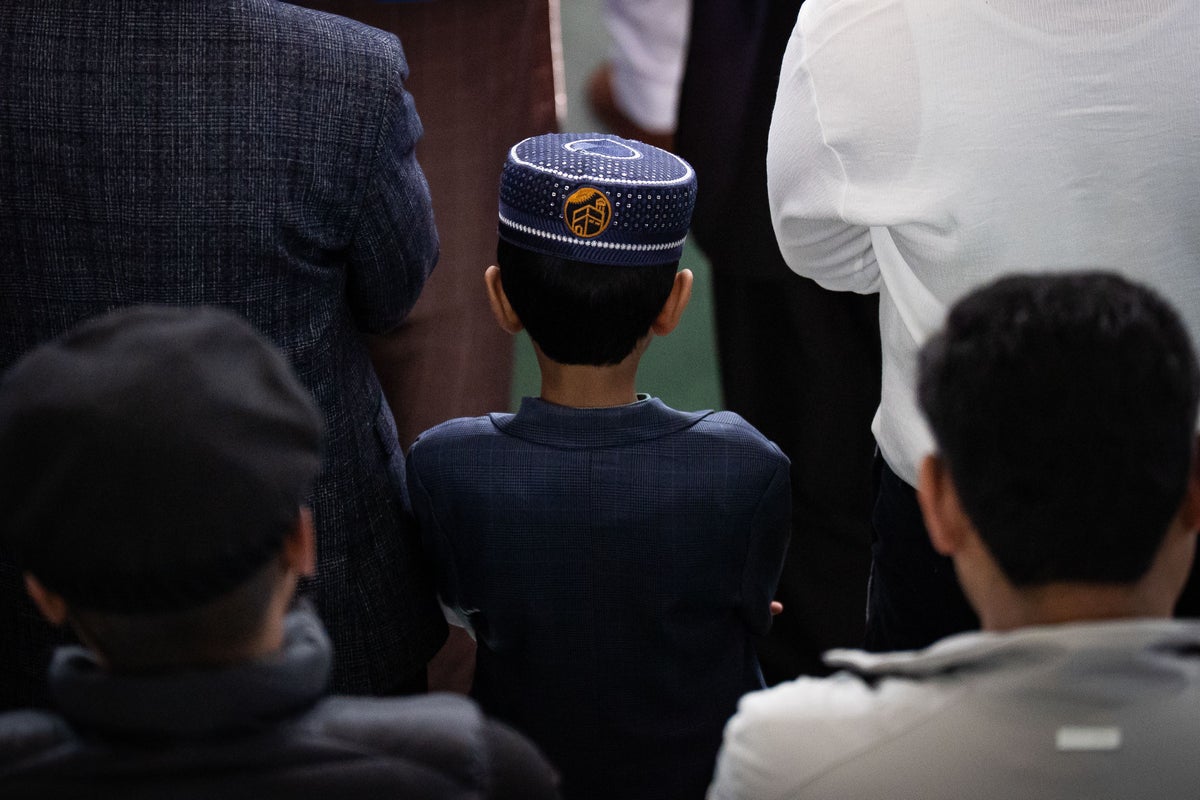
A new definition of anti-Muslim hate risks a “two-tier policy” that creates protections for followers of Islam that do not apply to people of other faiths, a think tank has said.
The Government is currently considering recommendations from a working group on the definition.
Ministers launched the group, chaired by barrister and former Conservative attorney general Dominic Grieve, in February.
It is aimed at defining Islamophobia or anti-Muslim hatred in a way “which is reflective of a wide range of perspectives and priorities for British Muslims”.
Critics of efforts to create a new definition for Islamophobia have raised concerns that doing so could create backdoor blasphemy laws, and curtail speech about Islamic extremism.
Right-leaning think tank Policy Exchange has argued there is no need for a new definition.
It does not agree with the one endorsed by the All-Party Parliamentary Group (APPG) on British Muslims, which it argues is a “more explicitly expansionist, and legally binding, definition”.
The APPG defines Islamophobia as “rooted in racism and is a type of racism that targets expressions of Muslimness or perceived Muslimness”.
Andrew Gilligan and Paul Stott, authors of the Policy Exchange report, said: “There already is a definition of ‘anti-Muslim hate’ – the one provided by the law, which applies equally to hatred against people of all faiths.
“Unless the Grieve definition literally no more than copies the exact words of the law (in which case the whole exercise is pointless) any new definition of ‘anti-Muslim hate’ will be two things.
“First, it will be an explicit act of two-tier policy, creating new protections for Muslims that do not apply to people of other faiths.
“Second, it will create a wedge, a slippery slope. Once the principle of special treatment and new protections exclusively for Muslims is accepted by the Government, that opens the door for the plainly-expressed ambitions of those (including, in the past, Grieve and Gohir) who support a more explicitly expansionist, and legally binding, definition.”
Policy Exchange has claimed some supporters of an official definition “want to use it to undermine Britain’s counterterrorism laws, immigration rules, employment legislation and foreign policy”.
They added: “To bring about fundamental social and structural change, by the back door, without democratic consent.”
A newspaper report at the weekend suggested the review of the definition has moved away from using the words “Islamophobia” and “Muslimness”.
New wording will aim to define hatred towards Muslims, but also protect free speech, the Telegraph newspaper reported.
Crossbench peer Baroness Shaista Gohir, one of the experts on the working group, told the newspaper she expected the public to be “pleasantly surprised” when the review concludes.
Baroness Gohir, who is also chief executive of the Muslim Women’s Network UK, told the paper: “I expect those who opposed the already existing definitions for being too vague, or because they felt these prevented criticism of Islam or debate of other issues of concern to them, will want ministers to adopt ours, as I believe it resolves those concerns.”
The new definition, if accepted by ministers, will be non-statutory and will aim to provide “the government and other relevant bodies with an understanding of unacceptable treatment and prejudice against Muslim communities”, the working group’s terms of reference state.
A communities department spokesperson said: “We will always defend freedom of speech, including fiercely protecting the right to criticise, express dislike of, or insult religions and the beliefs and practices of those who follow them.
“This will remain at the front of our minds as we review the definition.”
Official figures published earlier this month by the Home Office showed a new record high in religious hate crime recorded by police in England and Wales.
Not including the Met, hate crimes targeted at Muslims were up by almost a fifth, from 2,690 offences recorded in the 12 months to March last year to 3,199 offences in the year ending March 2025.
The Home Office said there was a “clear spike in these offences in August 2024, which coincides with the Southport murders on July 29 and the subsequent disorder across several English towns and cities”.
